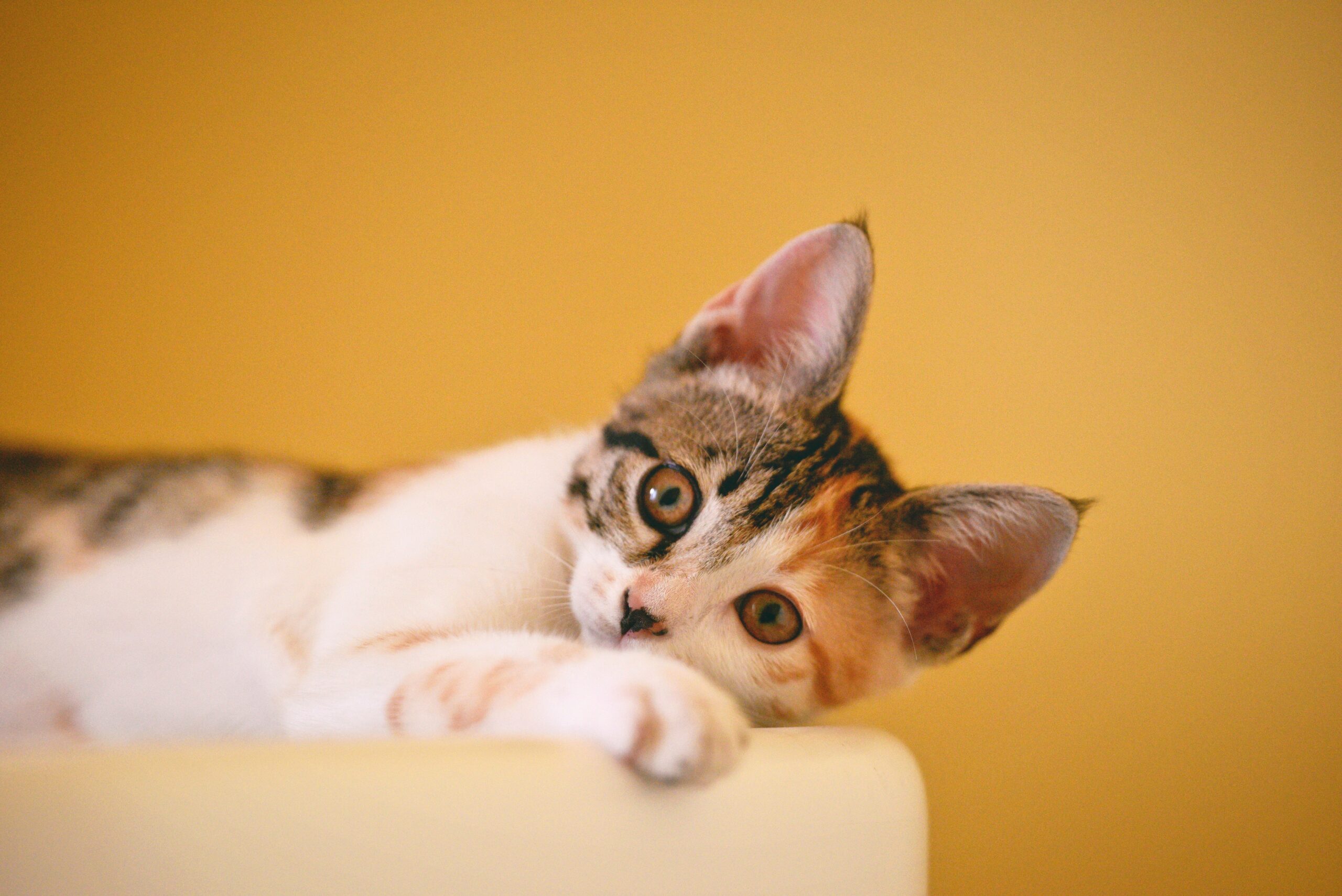Discover what to do if your cat is constipated, the symptoms and above all, the treatment of a health problem more common than you would imagine. It is one of the most common health issues that cats experience.
Ad adult cat should defecate every day. The stool should be formed but not too hard, brown in color, and should be passed without difficulty or discomfort. Sometimes a buildup of feces can occur in the cat’s colon. Constipation causes difficulty and discomfort when the cat tries to defecate. This is a problem that you must deal with as quickly as possible. Keep reading and find out what to do if your cat is constipated.
Symptoms of Constipation in Cats
To start with, it is essential to be aware of the behavior of your furry partner on a daily basis. When you clean your cat’s litter box, examine the contents…is the stool normal looking? Is there no stool or too little, both in quantity and size of the stool? Is it very loose, extra smelly or yellow in color? There could be many reasons.
Cats with diarrhea may need to see the vet. Consider if you have recently changed foods, or if there is undue stress in the house. Sometimes cat diarrhea can be remedied simply by feeding a bland diet of boiled chicken and brown rice, but if this continues for more than another full day, contact your vet.
I have been fostering kittens who initially were having many bowel movements a day (kittens do poop more than cats) which were liquidy and yellow. In their case, a regimen of doxycycline solved the problem. Do not medicate your cat without consulting with your vet first.
Some symptoms to consider – is your cat eating and drinking less? Is kitty vomiting or hiding? Crying or straining while trying to defecate? Severe untreated constipation can result in fecal impaction, and in the worst cases may even necessitate surgery. Fortunately, this condition can often be remedied with an enema.
Some things that may cause constipation:
- Lack of hydration – many cats simply does not drink enough water. You can encourage them to drink more by adding a little clam or tuna juice to their water. The body cannot function properly if dehydrated.
- A diet that is low in fiber and high in carbohydrates,
- Obesity can be a problem.
- Pain in any part of the body, which makes it difficult for kitty to assume the correct posture to defecate.
- Household changes – moving to a new home, adding a new pet; these changes can cause undue stress and the cat may not use the litter box as often as needed.
- In summation, the most common causes of feline constipation are dehydration, disease, a dirty litter box, pain when defecating, stress at home.
If you observe any of the above symptoms, you should take your cat to your vet promptly. Once at your vet, he/she may ask questions to help determine the cause, such as:
- How often is the litter box cleaned?
- Have you changed litter brands?
- Is your cat drinking less water?
- Is the stress at home, such as a new pet?
- Is your cat physically able to get into the litter box easily?
- Is your cat on any medication?
- Any diet change?
Your vet may suggest a few remedies for simple constipation, such as:
- Feed your cat high moisture content-canned cat food. Stop dry food.
- OTC (over-the-counter) products may help: such as Laxatone – this edible petroleum helps to lubricate kitty’s digestive tract. If kitty won’t lick it off your fingers, try putting a bit on its face or the tops of its front paws; kitty has to lick that off when grooming.
- Metamucil may be recommended. The fiber may help generally 1-4 tips in food every 12-24 hours. Consult with your vet first.
High fiber doesn’t always work – it depends on the problem. Once the cause of your cat’s constipation is determined, your vet can then advise the most effective form of treatment.


Recent Comments